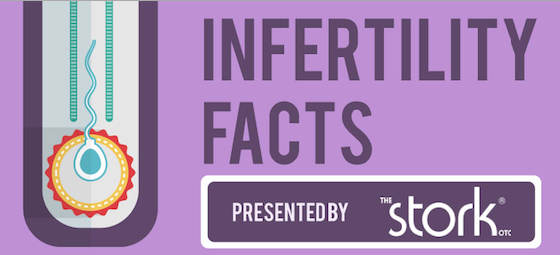Dr. Cook explains why only one or two embryos should be implanted into a woman who is trying to become pregnant through artificial insemination.
Dr. Cook:
Well, I think the main thing that maternal-fetal medicine specialists like myself feel strongly about was showing a little bit of restraint on the early end of the process of infertility treatments and assisted reproductive technology. It’s not that we don’t love babies or love more babies, but we want the best outcome we can get for moms and babies, and usually the best outcome means starting with a lower number rather than a higher number.
So, most maternal-fetal medicine specialists feel pretty strongly about not transferring an excessive number of embryos and usually two embryo transfer or even single embryo transfer to reduce the risk for those higher order multiples and we also feel strongly about monitoring ovulation stimulation cycles carefully by endocrinologists that are board-certified and are comfortable and familiar with that territory rather than a general OB/GYN who may not have that experience or that sort of credentialing.
So that’s the big thing for us. Whatever we can do preventative on the frontend I think would be what we would leave people with and we understand the passion to have a child; we understand the efforts they go through to have a child, but ultimately I think they would have just as good as success rates, and other data has proven this, if they stay with single or maybe even two embryo transfer.
Another way to kind of look at the idea of prevention, particularly for the higher order multiples, the triplets, quadruplets and more, would be to try to show some restraint at the frontend of the situation. So there are women and couples that are desperate to have pregnancies and are willing to be very aggressive in trying to have those pregnancies, but you can be overly aggressive and the outcomes are generally just as good, meaning getting a pregnancy is just as likely if you just use one embryo or two embryos to be implanted inside of you rather than three or four.
When you place three or four there’s obviously the risk for triplets, quadruplets, but when you are placing only one or two, you are very low risk for something like that happening and then that would translate into a lower risk pregnancy and a higher chance of successfully taking home a live and healthy baby.
About Dr. Curtis Cook, M.D.:
Dr. Curtis R. Cook, M.D., is a maternal-fatal medicine specialist and the Associate Director for Phoenix Perinatal Associates providing care for women with complicated, high-risk pregnancies. Dr. Cook received his medical degree from Indiana University School of Medicine and completed his residency at Butterworth Hospital in Michigan.
Visit Dr. Cook at Phoenix Perinatal Associates





















